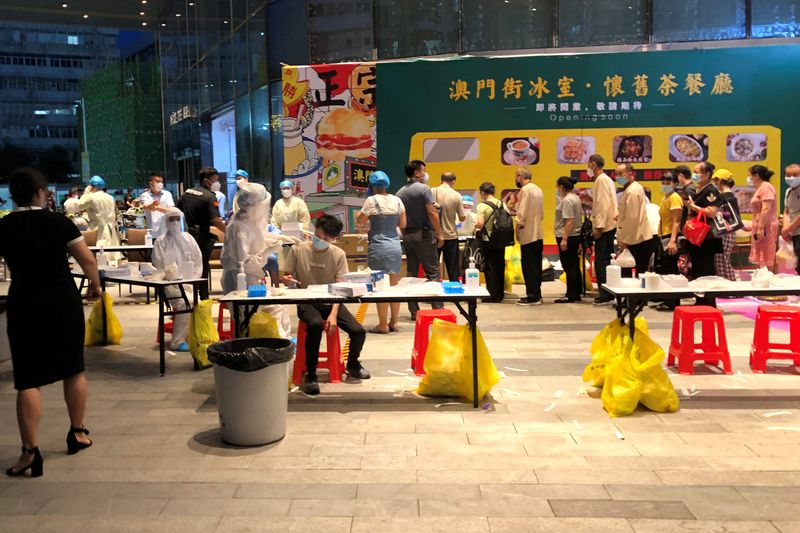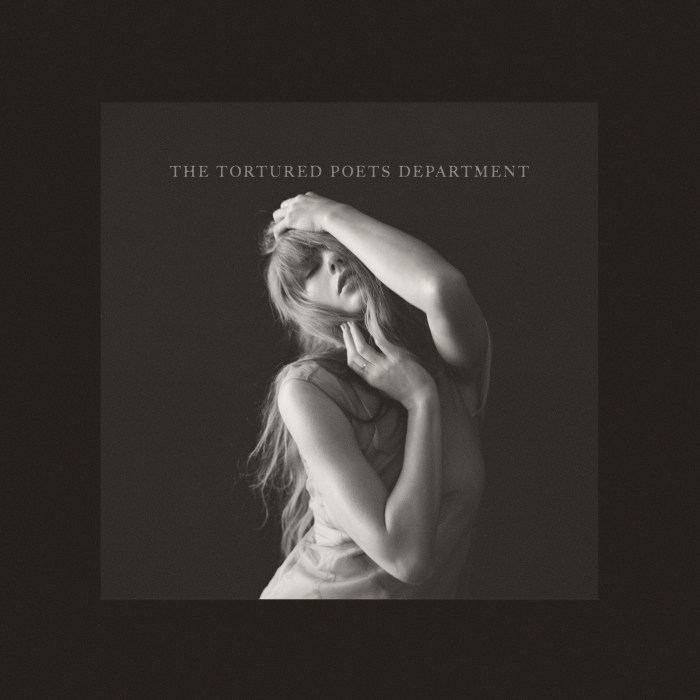BEIJING (Reuters) – China’s new locally transmitted cases of the novel coronavirus fell to a one-month low as a cluster in the western region of Xinjiang receded, data released by the country’s health authority showed on Sunday.
The number of locally transmitted cases in China dropped to four on Aug. 15, all of which were in Xinjiang, the National Health Commission said in a statement. That compares with eight cases nationwide a day earlier and is the lowest since July 16.
No new locally transmitted cases were recorded on Aug. 15 in the city of Shenzhen in southern Guangdong province after provincial authorities there reported fresh infections a day earlier.
A woman who worked for Alibaba-owned supermarket chain Freshippo in Shenzhen had returned to her hometown of Lufeng and tested positive for the virus on Aug. 14. Both cities are in Guangdong.
On the same day, Lufeng also reported three asymptomatic cases while Shenzhen reported two asymptomatic carriers.
Asymptomatic cases test positive for the virus, but China does not classify them as confirmed cases until they show clinical symptoms of infection, such as a fever or a cough.
The Guangdong government has begun testing at 36 Freshippo stores across Guangdong and 12 related warehouses and processing firms, state-run news agency Xinhua reported on Sunday. Freshippo on Saturday said it would test all employees in Shenzhen.
In mainland China, the total number of new confirmed infections stood at 19 on Aug. 15, including so-called imported cases involving travellers arriving from abroad. That compares with 22 a day earlier.
As of Aug. 15, mainland China had 84,827 confirmed coronavirus cases, with the death toll unchanged at 4,634.
(Reporting by Ryan Woo and Yingzhi Yang; Editing by Richard Pullin and David Goodman)



















